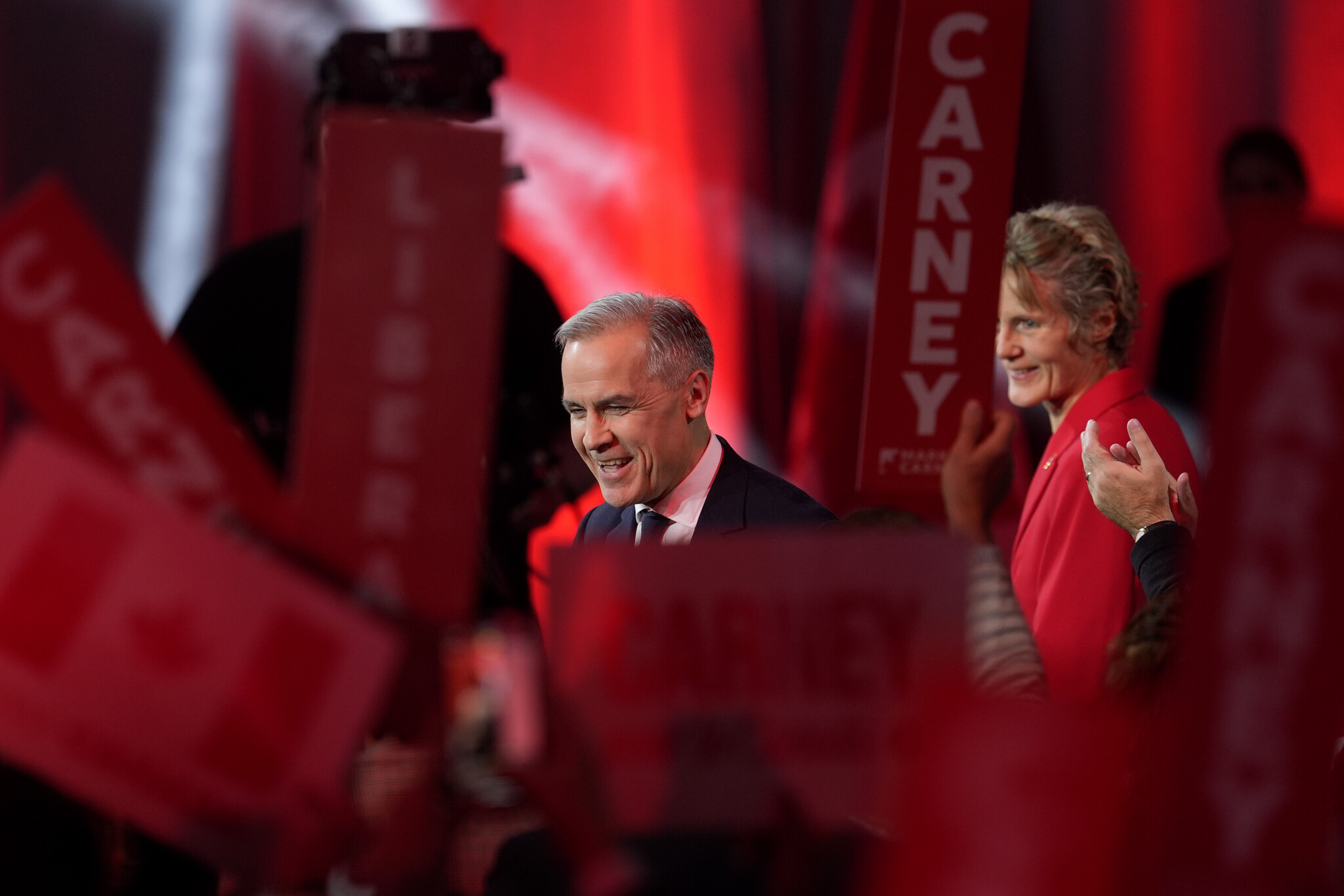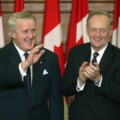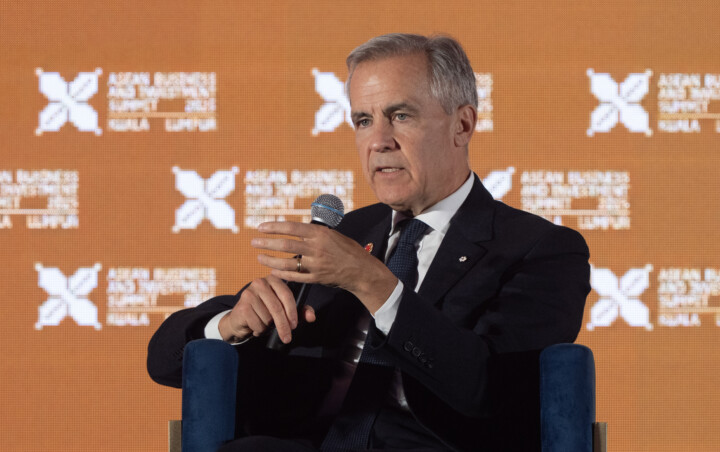In The Weekly Wrap, Sean Speer, our editor-at-large, analyses for Hub subscribers the big stories shaping politics, policy, and the economy in the week that was.
It’s vibes over policy so far in this election
After the first week of the campaign, it’s become an axiom that Mark Carney would be better than Pierre Poilievre to advance the country’s interests with President Trump. Polls show a considerable majority of Canadians hold this view.
It’s unclear, though, why precisely they think it. Neither Carney nor Poilievre has really said or done anything that would lead to such a conclusion. If you were given different statements that the two have made without attribution, for instance, it would be hard to judge who’s actually said what.
Canadians have seemingly come to this view—one that may well determine the election’s outcome—based on intuition rather than facts. It’s mostly about vibes.
This creates a big challenge for the Conservatives. How do they change people’s perceptions if they’re not quite rooted in substance. They’re dealing with something instinctive, something visceral, something that goes beyond speeches or policy pronouncements.
There’s something about Carney’s biography and persona that makes a significant number of Canadians think he’d be good at handling Trump. And there’s something about Poilievre’s that makes them think he would not.
They may be right or they may be wrong. In some ways, it doesn’t matter. This is what they think. And as we enter the second week of the campaign, it’s not obvious that there’s much that the Conservatives can do to change their minds.
Mark Carney’s French is terrible—and that’s a good thing
Canada’s last unilingual prime minister was Lester Pearson. Depending on who you ask, Mark Carney may be the next one. His command of French has been characterized as somewhere between mediocre and non-existent.
Yet conservatives should resist the temptation to kick up a fuss about it. Rather than seeing it as an opportunity to exploit Carney’s weakness in the moment, they should see it as a chance to make a bigger argument about bilingualism itself.









